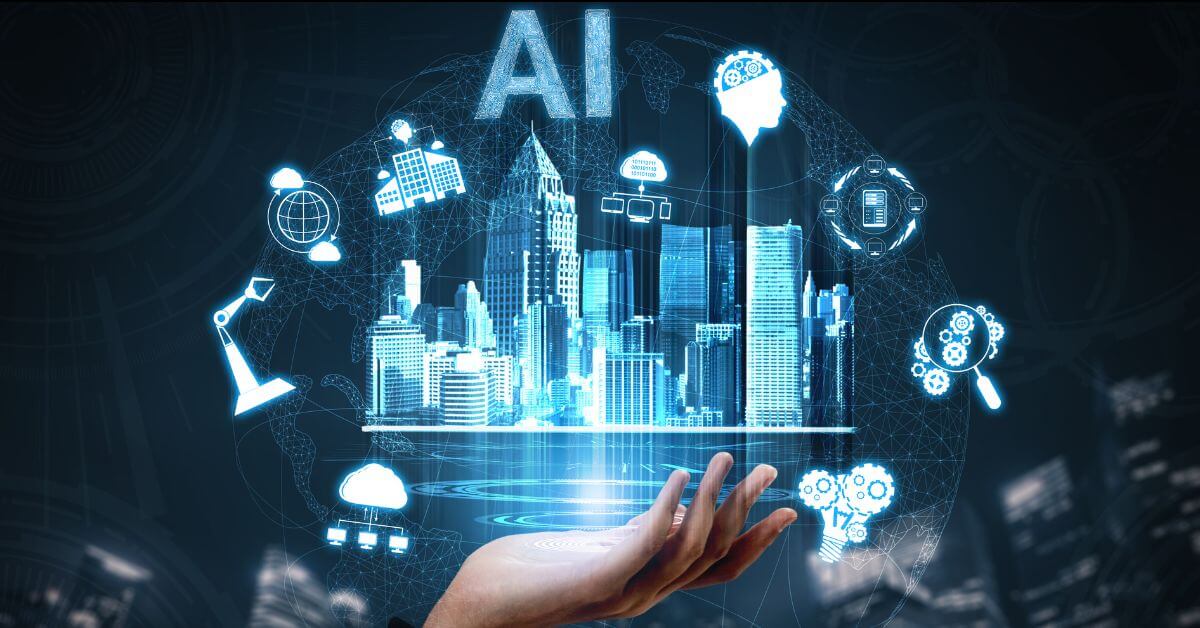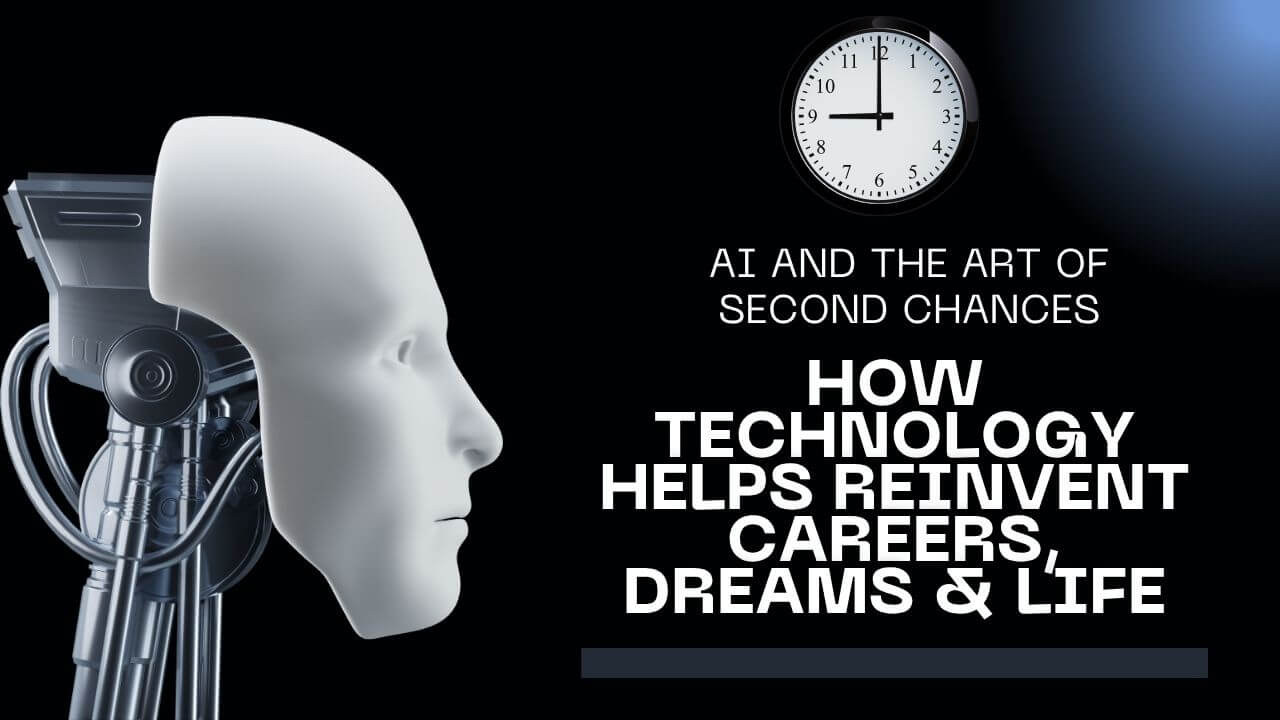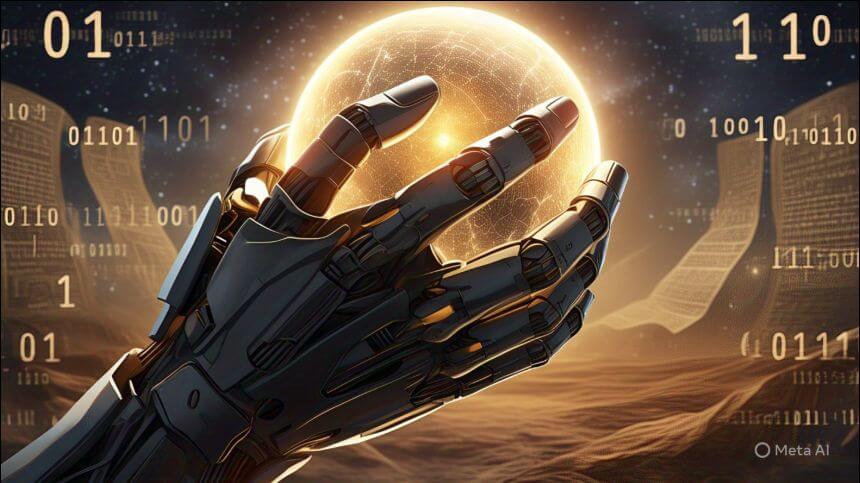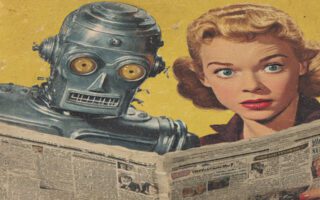Forget upgrades. This is the firmware that makes tech useful.
🧭 I. The Setup: When AI Handles the Task, But Not the Trust
AI can write your email. Schedule your meeting. Even summarize your team’s mood.
But it can’t build trust, read the room, or decide what matters.
As AI automates more tasks, the skills that remain valuable are the ones that can’t be automated. These are not “nice to have”—they’re non-negotiable leverage.
🧠 What Are Soft Skills?
Soft skills are personal attributes and interpersonal abilities that shape how you interact, communicate, and collaborate. They’re behavioral, relational, and context-aware—making them essential in any workplace, especially one shaped by AI.
Unlike hard skills (technical, measurable), soft skills are:
- Timeless: Empathy and adaptability don’t go obsolete
- Transferable: Useful across industries, roles, and tools
- Human: Rooted in judgment, emotion, and connection
📋 Examples of Soft Skills
| Soft Skill | What It Enables |
|---|---|
| Communication | Clarity, persuasion, trust-building |
| Emotional Intelligence | Empathy, conflict resolution, team cohesion |
| Adaptability | Navigating change, learning new tools |
| Critical Thinking | Evaluating AI outputs, making sound decisions |
| Leadership | Inspiring teams, guiding strategy |
| Creativity | Generating original ideas beyond algorithmic limits |
| Time Management | Prioritizing tasks, avoiding burnout |
| Collaboration | Working across teams and tech systems |
🛠 II. Soft Skills as Strategic Leverage
In the AI era, soft skills do three things:
- Translate tech into action. You don’t just need outputs—you need judgment. Soft skills help you decide what to keep, what to question, and what to ignore.
- Build trust in synthetic systems. AI can simulate empathy. You can’t. Human connection is still the currency of leadership, sales, and healing.
- Navigate ambiguity, AI is great with patterns. But when the data is messy, the politics are real, and the stakes are human, soft skills win.
🤖 III. How AI Can Help You Sharpen Soft Skills
Ironically, AI can help you practice the very skills it can’t replace:
- Roleplay difficult conversations with chatbots
- Get feedback on tone, clarity, and emotional impact
- Simulate crisis scenarios for decision-making drills
- Reflect on your own biases and blind spots
This is AI as a sparring partner, not a substitute.
💬 Final Thought: Why Live With Human OS
AI is the tool. Soft skills are the operating system.
And in a world flooded with automation, the ability to connect, decide, and adapt isn’t optional—it’s leverage.
Because the future isn’t just about what AI can do. It’s about what humans still must do—and how well we do it.
🧒 Too Cryptic? Explain Like I’m 12
Imagine AI is a super-fast robot that can do your homework. But it doesn’t know if your teacher is strict, if your groupmates are confused, or if the topic is sensitive.
That’s where you come in.
Soft skills are like your brain’s superpowers:
- You know when to speak kindly
- You can tell when someone’s upset
- You decide what’s fair, what’s smart, and what’s worth doing
AI is the calculator. You’re the one who decides what to calculate.
📚 Sources & References
- 5 Soft Skills You Need to Thrive in the Age of AI – Forbes
- Soft Skills in the AI Era: Why They Matter More Than Ever – Lomit Patel
- Why Soft Skills Are Key in the Age of Artificial Intelligence – Horton International
- What Are Soft Skills? Definition, Importance, and Examples – Investopedia
- Soft Skills in the Era of AI – SkillsYouNeed







